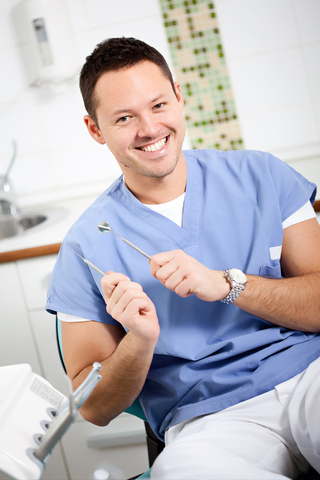Common Issues with Braces: How to avoid bad breath
September 28th, 2022

A bright, beautiful smile is often achieved with braces. The time you spend wearing braces is an investment in the good health and appearance of your smile. However, Dr. Andrew Schwartz and our staff know that having braces on your teeth can pose challenges. Many of these challenges are commonly faced by all who wear braces, such as flossing, getting food stuck in your braces, and bad breath.
Today, let’s address bad breath and what to do about it. There’s no reason you have to shy away from conversation for fear that you’ve got bad breath.
Fresh Breath Tips for Braces Wearers
- Eat a Healthy Diet. Unhealthy foods that are laden with sugar can contribute to bad breath. Stick with healthy produce, protein, grains, and dairy found on the list of foods your orthodontist says are safe to eat with braces.
- Drink Non-Sugary Beverages. Likewise, steer clear of sugary sodas and juices for the same reason. They contribute to bad breath.
- Stay Hydrated. A mouth that’s continually dry can lead to bad breath by inhibiting your production of saliva. Regular production of saliva removes bacteria and excess food from your mouth, both of which cause bad breath.
- Brush Often. Brush your teeth and tongue first thing in the morning, after each meal and snack, and before you go to bed, to remove food particles and bacteria that cause bad breath.
- Don’t Forget to Floss. Flossing with braces might seem tricky, but it is a necessity. Ask Dr. Andrew Schwartz to show you the best way to floss effectively with braces.
- Mouthwash Use. Use the mouthwash recommended by Dr. Andrew Schwartz. For the best results, swish the mouthwash around in your mouth for 30 seconds.
- Get Regular Cleanings. Regular dental exams and cleanings are more important when you have braces. Cavities can delay your treatment progress, so be sure to visit your dentist every six months.
Practice Good Hygiene Daily
Good oral hygiene practices are important every day, whether you wear braces or not. But they become even more important during the months you wear braces. In addition to your regular orthodontic checkups, see your general dentist for cleanings and exams.
Together, you and our Washington DC team will keep your mouth healthy and fresh during and after your orthodontic treatment.



